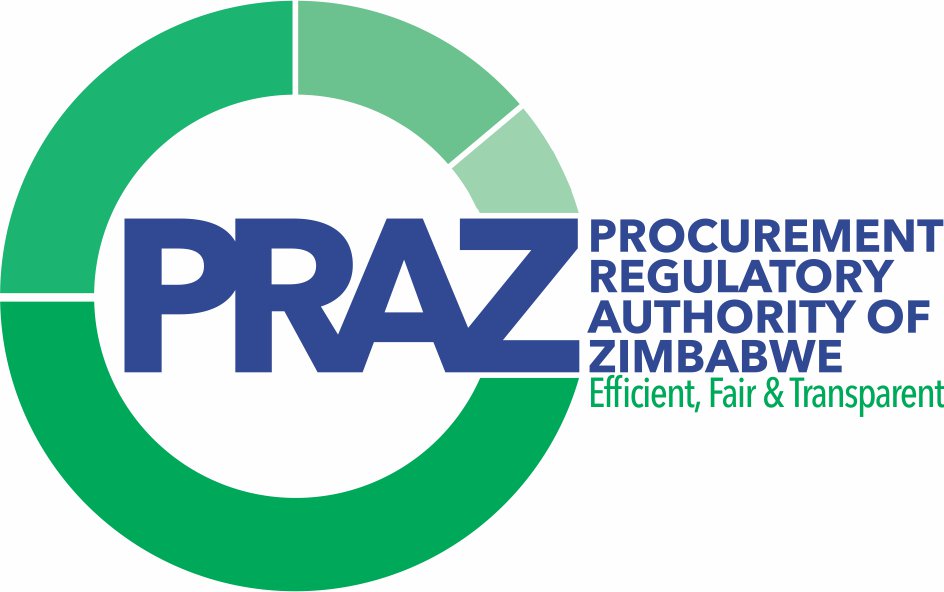Companies prioritise cost rationalisation
Listed companies have continued to prioritise cost rationalisation as a survival strategy in the face of uncertainties within the operating environment.
Experts believe the current stability, especially on the currency front, remains fragile due to political developments and how long authorities will be able to starve the market with Zimbabwe dollar liquidity without consequences.
During the first half of the year, the economy witnessed significant instability stemming from exchange rate volatility, which resulted in the massive depreciation of the Zimbabwe dollar against the US dollar.
However, this has since reversed after the Government introduced a raft of measures to tame runaway inflation and the exchange rate, including tightening the monetary policy stance.
National Tyre Services (NTS), in its recent financials for the period ended March 31, 2023, said depressed electricity generation capacity experienced during the year negatively affected service delivery and increased industry production costs.
However, the company is projecting increased demand for tires and related products and services to pick up in the build-up to general elections and the upcoming agricultural season.
“To capitalise on the favourable environment, NTS will continue to focus on cost containment and enhanced market outreach programmes to increase the inventory turnover ratio and improve profitability,” the company said.
Analysts believe that elections and monetary policy continue to dominate environmental themes, with both variables currently exhibiting fragile stability.
Victor Bhoroma, an economist, told Business Weekly that cost rationalisation improves operating efficiency in a very tough local market with low effective demand.
“It’s critical to reducing indirect overheads, thus improving the bottom line. Consequently, cash flows are better managed, and borrowing is reduced,” he said.
With the USD penetration rate in terms of aggregate transactions estimated at above 80 percent, Bhoroma said dollarisation will not be a challenge if the inputs, processes, output and sales are all accounted for in the US dollar at the market rate.
However, he said challenges arise when sales are indexed in local currency, when legislation forces producers to sell at a sub-economic exchange rate, and when the cost of production remains high.
“These disparities make dollarisation unsustainable, and costs will rise,” he said.
The process of addressing the sources of costs throughout the business supply chain also involves reducing spending on business activities and consolidating operations.
Seed Co Limited recently highlighted that it is restructuring both its business model and balance sheet to respond to the rising cost of doing business and to hedge against weakening currencies.
The group’s finance costs went up nearly five times due to exorbitant interest rates and growth in working capital funding needs.
Operating expenses grew 213 percent inflationary in line with the weakening Zimbabwe dollar, which forced cost of living catch-up adjustments in labour costs as well as inflation-forward pricing by suppliers chasing alternative market exchange rates.
Investment analyst, Enock Rukarwa, said that in light of limited liquidity, lower disposable incomes, systematic constraints, and acute aggregate competition, cost rationalisation is a key enabler for operational efficiency and an increased bottom line.
“While rationalisation is growth-limiting, it creates optimal shareholder value in the short to medium term,” he said.
He said USD expenditure is not a major constraint if it can be matched with a similar topline; hence, as long as revenue lines are in foreign currency, corresponding overheads in the same format should be manageable.
African Distillers said the focus will also be on product innovation, production efficiencies, and cost containment measures.
The company also said management continues to put measures in place to exploit the available opportunities to sustain market share, revenue, and profitability growth.
Dr Prosper Chitambara told Business Weekly that cost rationalisation is an important strategy for companies to explore opportunities to consolidate some of their activities.
“Some do it through digitisation to enhance efficiencies and also in terms of procurement in order to reduce leakages,” he said.
He added that it is a worthy strategy, especially in these uncertain times characterised by exchange rate volatility and inflation.
“It also brings stability in terms of pricing.”-ebusinessweekly











